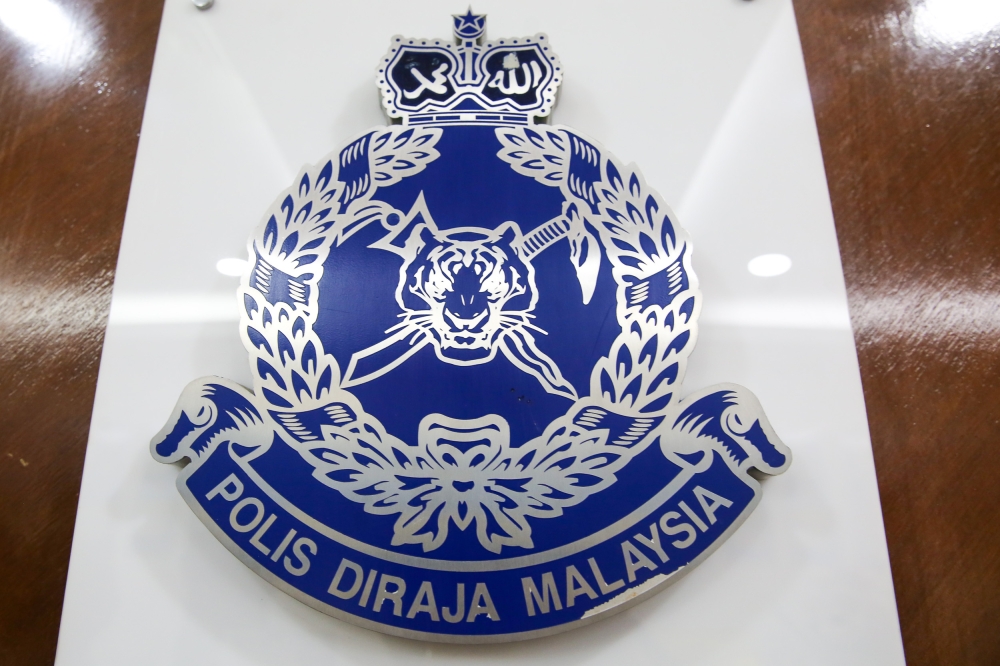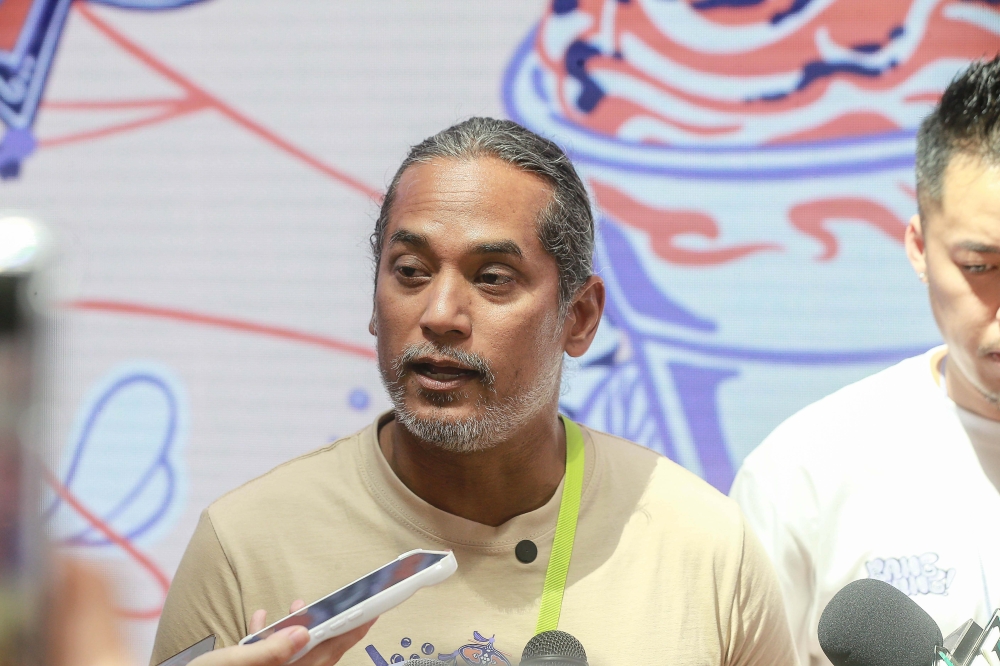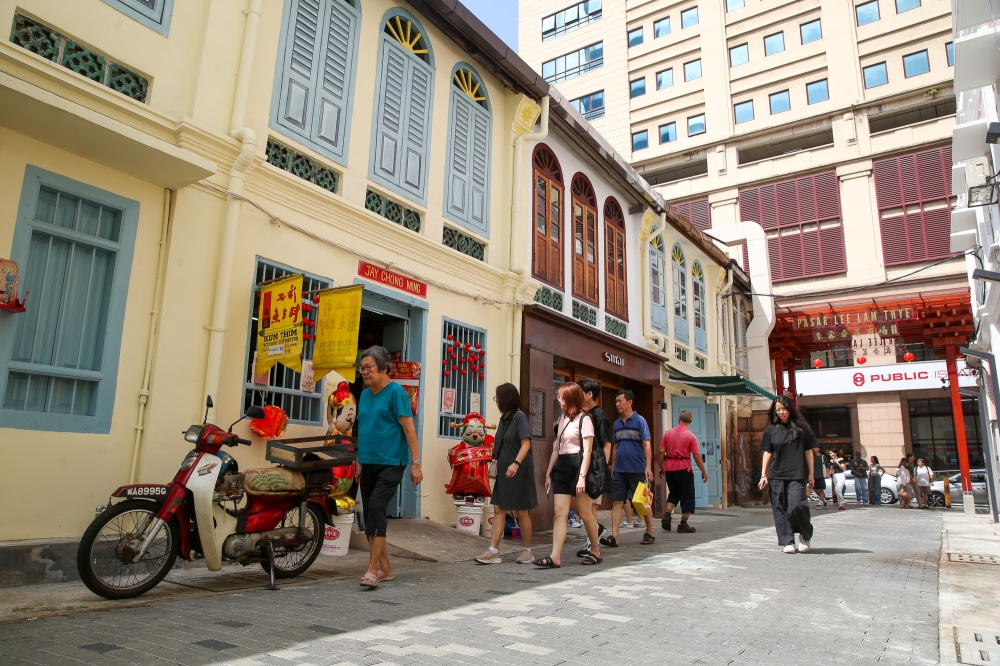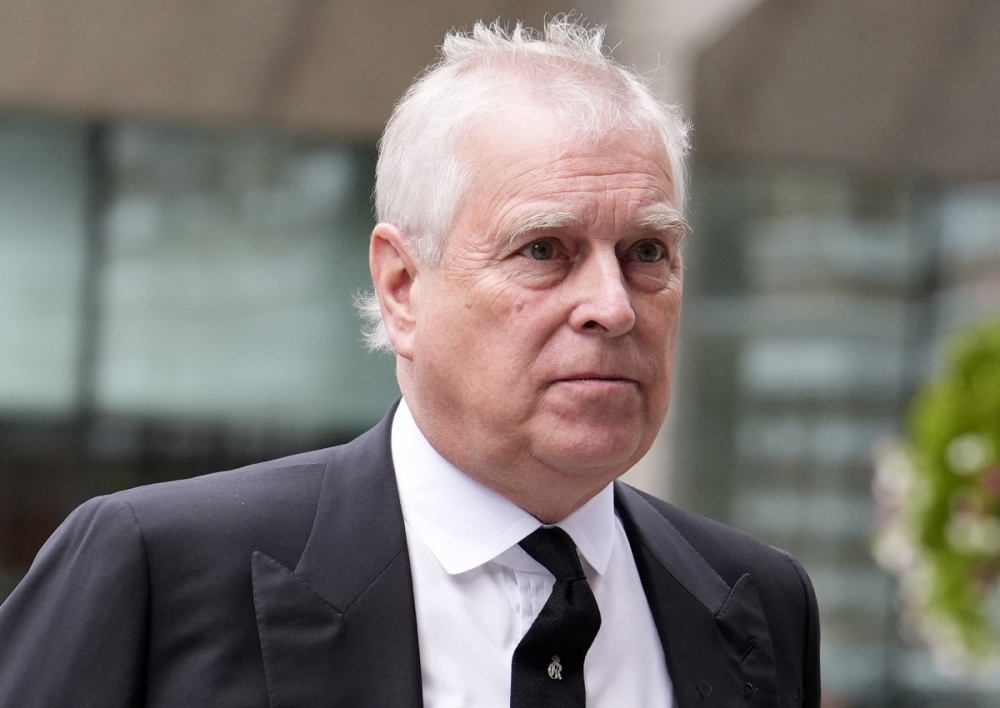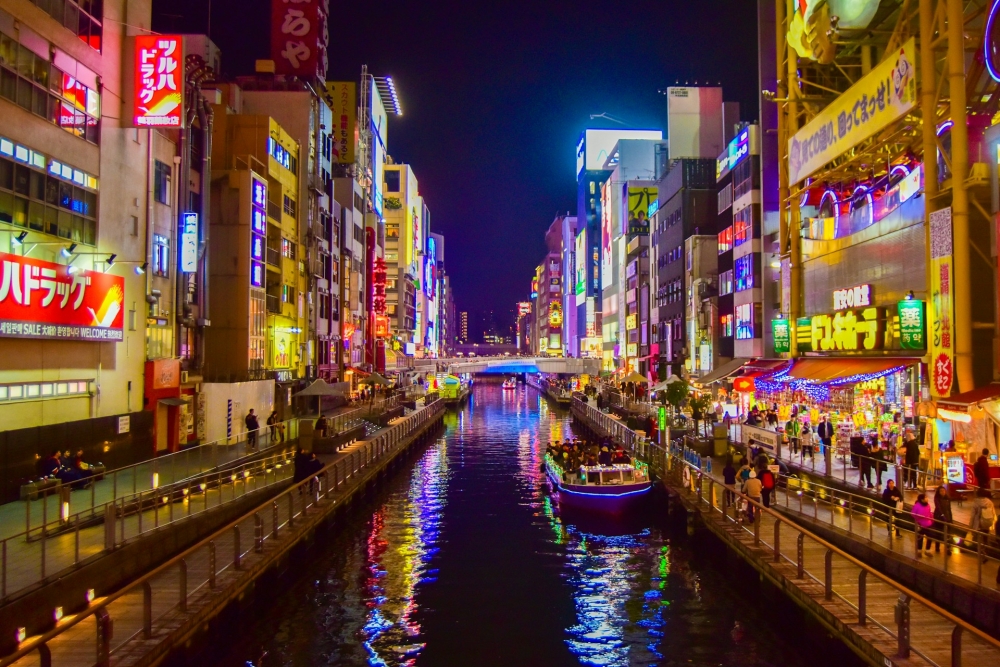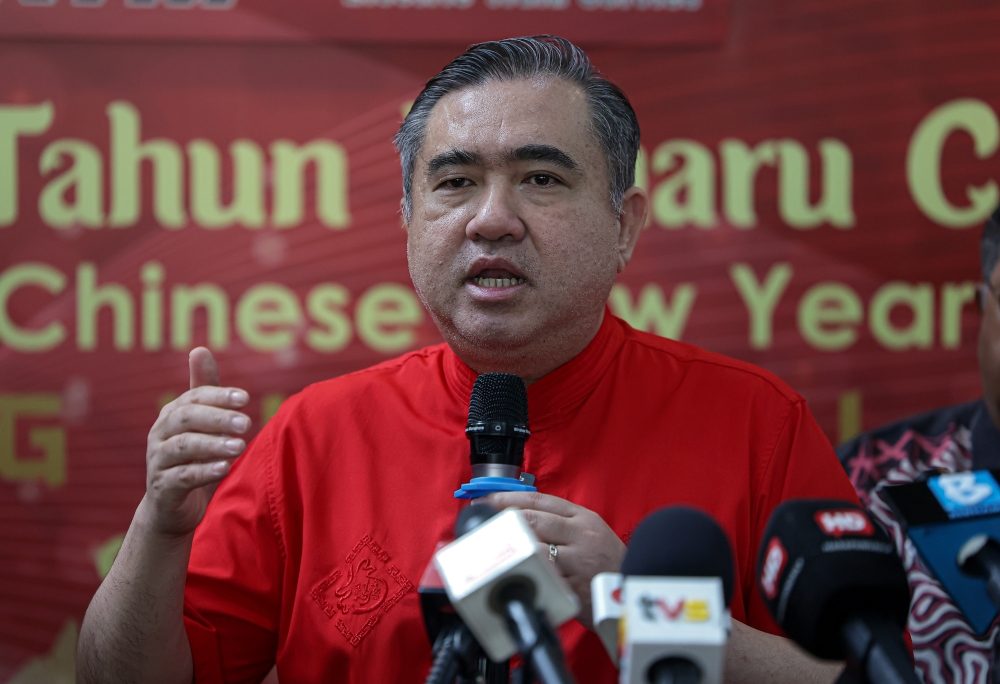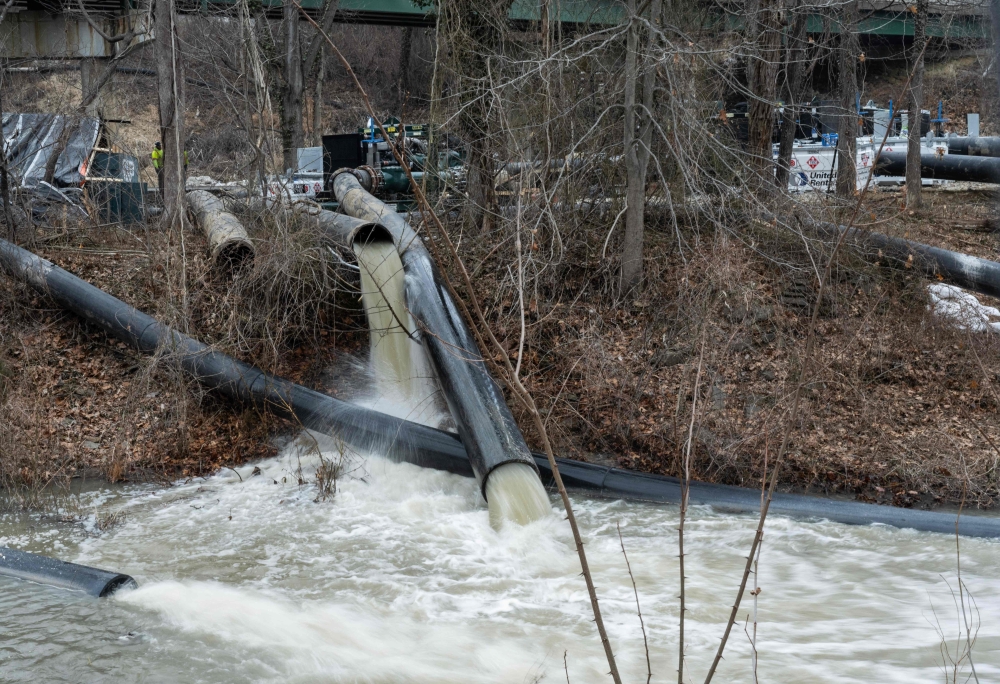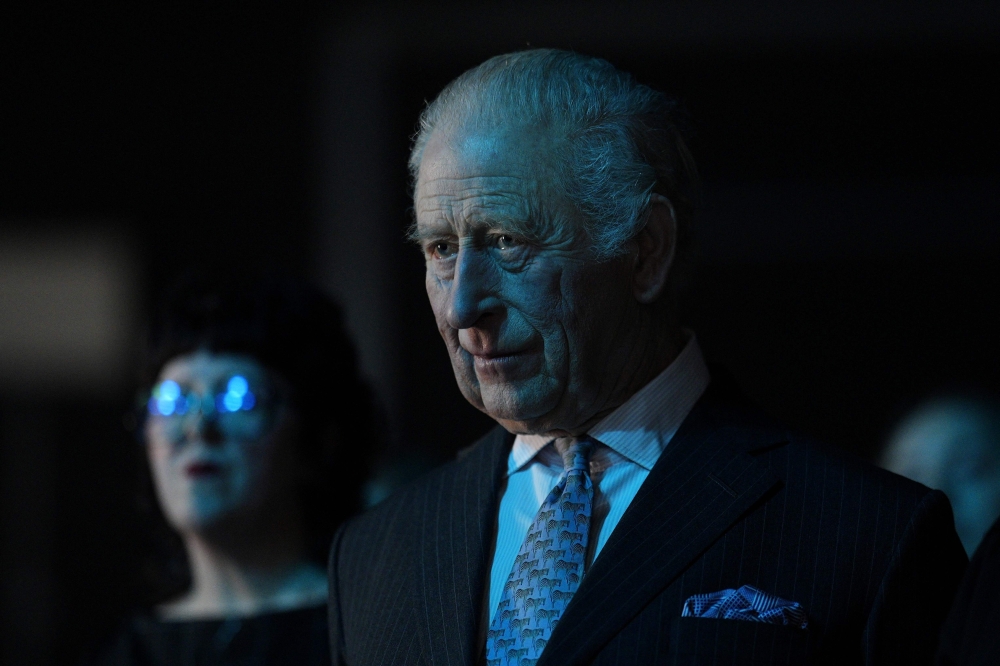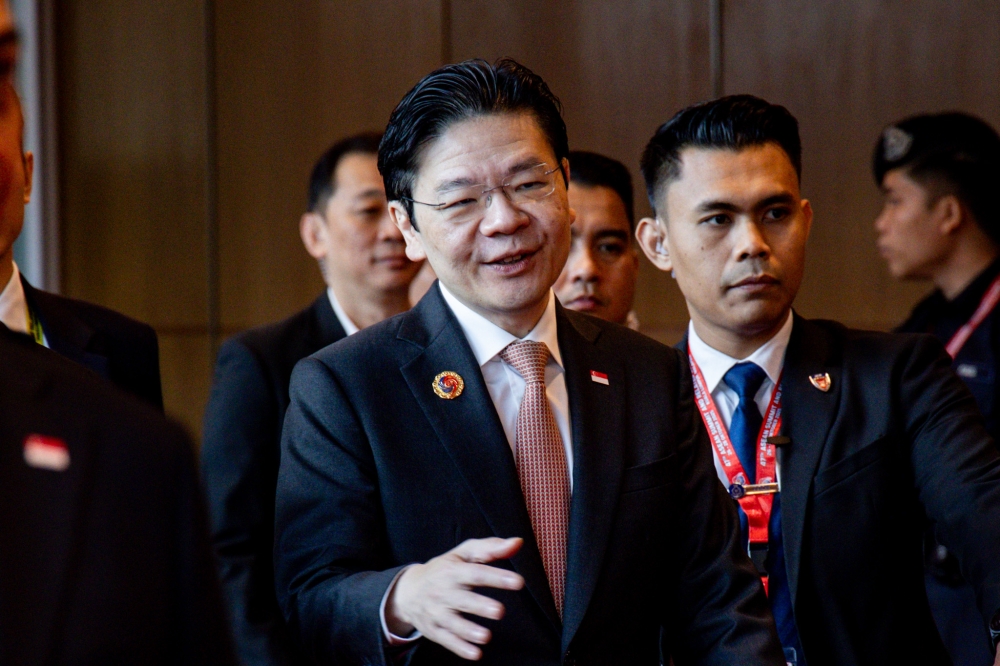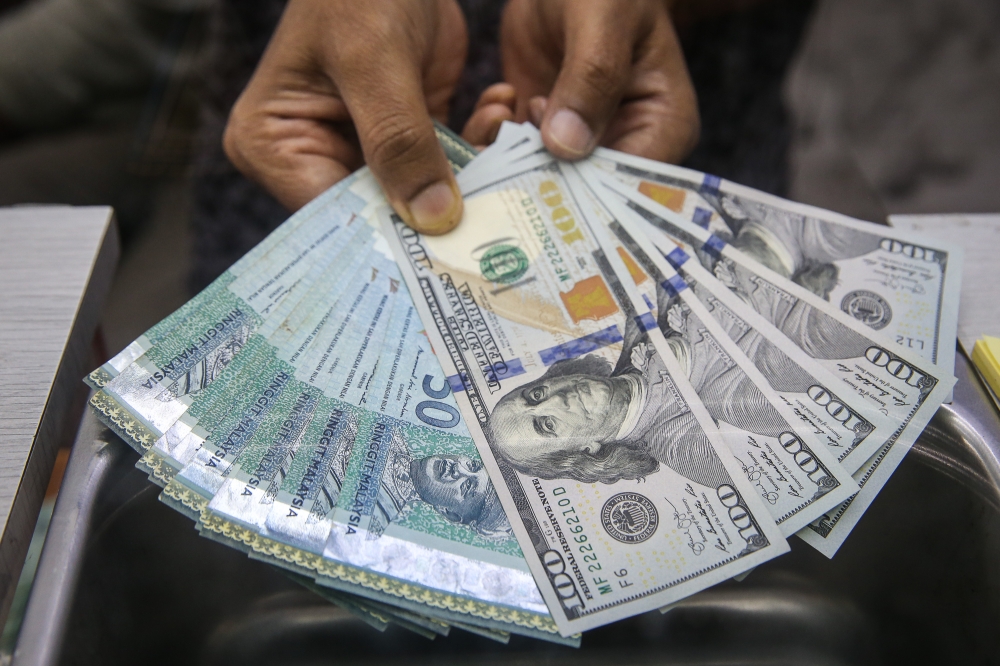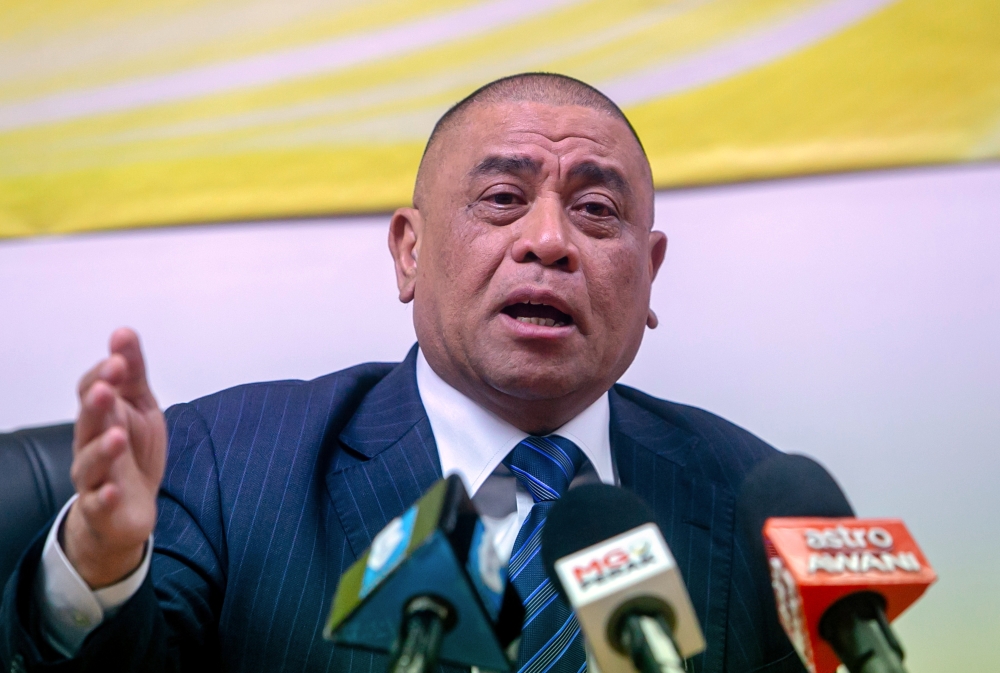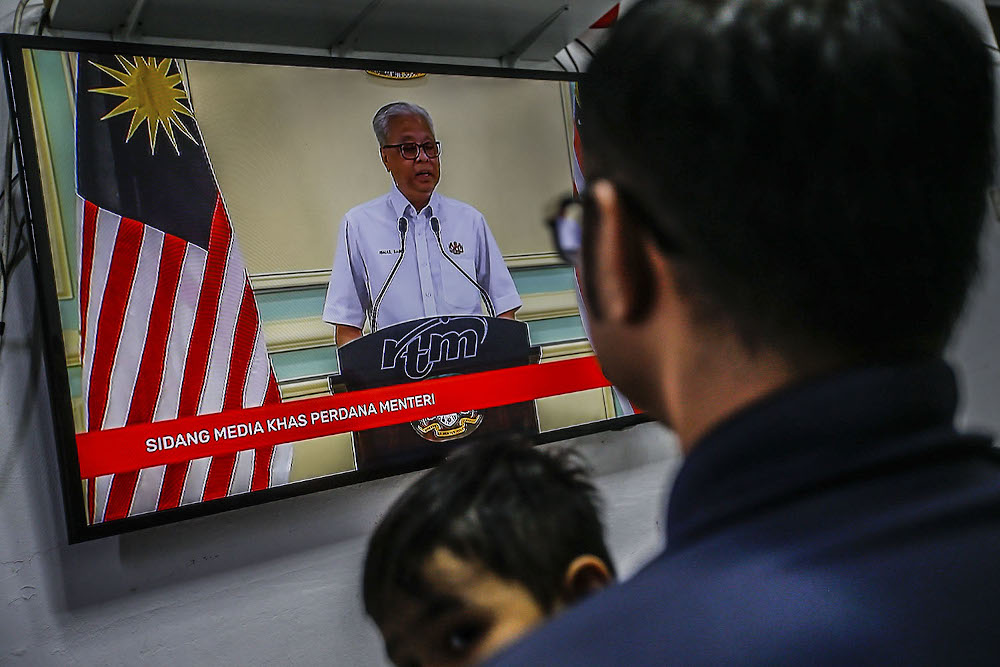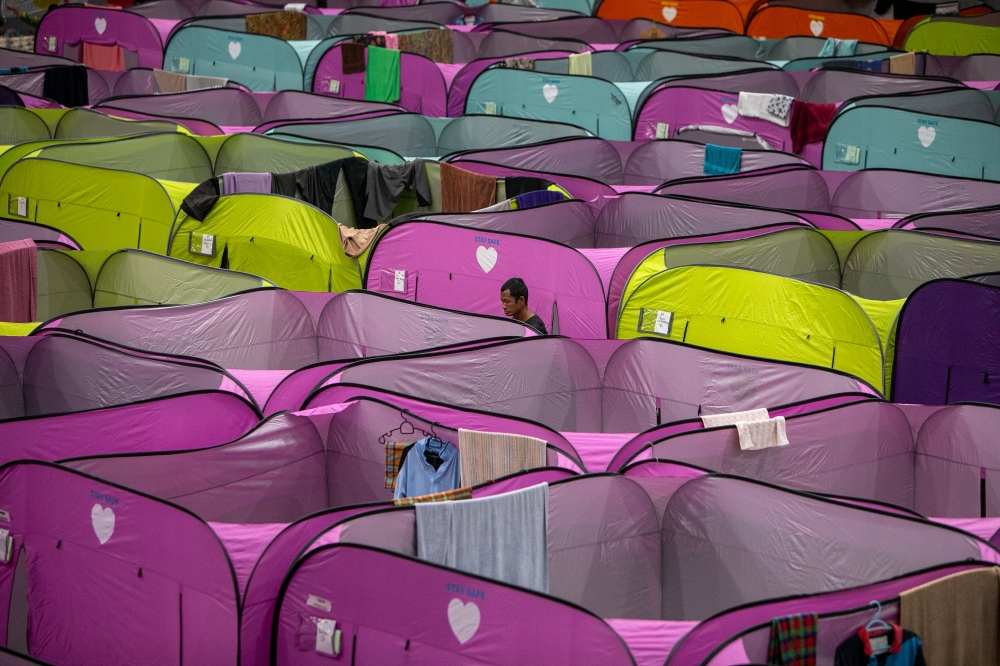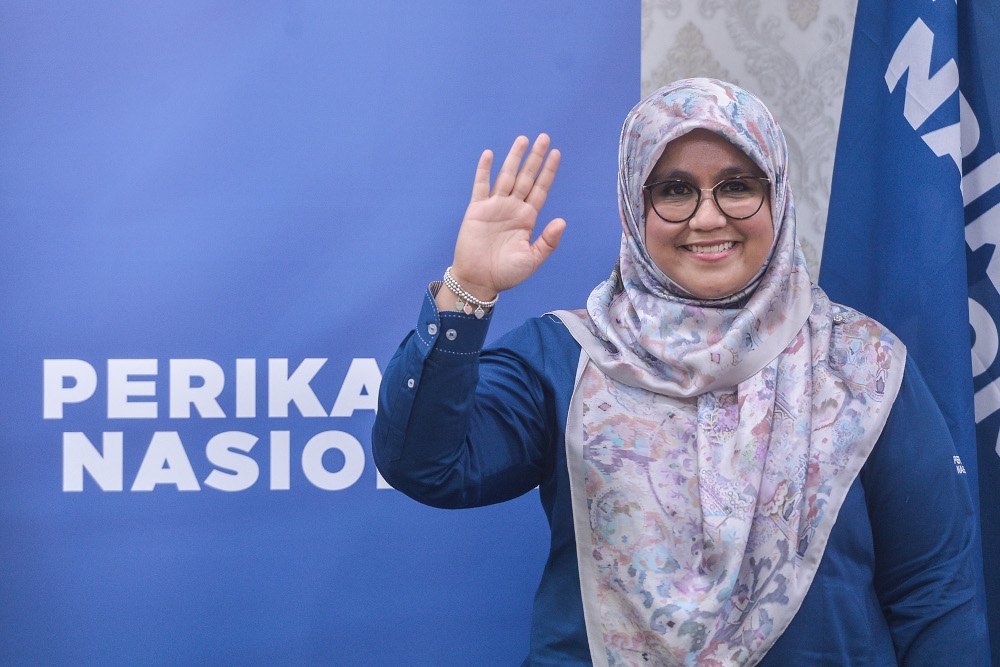KUALA LUMPUR, Oct 11 — Malaysia hopes to reduce the intensity of greenhouse gas (GHG) emission across the economy by 45 per cent based on the Gross Domestic Product in 2030.
Prime Minister Datuk Seri Ismail Sabri Yaakob said the reduction of intensity was made unconditionally and it is 10 per cent higher than the earlier target.
Ismail Sabri said the matter would be the stand of the country which would be tabled at the United Nations Framework Convention on Climate Change (UNFCCC) COP 26 in Glasgow, Scotland from October 31 to November 12.
“For the first time, the country’s stand which would be tabled during UNFCCC COP 26 had been deliberated at the highest level in the country through the Malaysia Climate Change Action Council (MyCAC).
“Even though I and Environment and Water Minister (Datuk Seri Tuan Ibrahim Tuan Man) could not attend the World Leaders Summit from November 1 to 2 and the UNFCCC COP 26, the meeting had given the mandate to the delegation headed by Ministry of Environment and Water (KASA) to deliver the National Statement,” he said in a statement on Malaysia’s commitment in helming the climate change agenda in the country today.
Ismail Sabri said also to be highlighted in the national statement is the country’s aspiration to achieve net-zero GHG emissions as early as 2050 in which the achievement is subject to findings of the Long-Term Low Emissions Development Strategy (LT-LEDS) which would finalised by the end of 2022 by KASA.
Also to be raised is the implementation of the Domestic Emissions Trading Scheme (DETS) by KASA, with the cooperation of the Finance Ministry and Bursa Malaysia Berhad.
“The scheme involved the development of a sole platform for the transaction of carbon credit at domestic level. The government is confident DETS has the potential to attract low carbon investments into the country, raise the competitiveness of Malaysia products at international level and generate sustainable financial resources for entities in the country,” he said.
Apart from that, also to be highlighted is the effort to generate renewal energy, the target of acquiring 100 per cent government vehicles with non-internal combustion engine (ICE) by 2030, maintaining at least 50 per cent of forest cover in the country, promoting zero waste and recycling as well as low carbon urban development through low carbon urban development masterplan as well as the concept of economic cycle.
Ismail Sabri said the government is also taking into consideration the factor of climate change in the infrastructure system engineering design relating to water to ensure the sustainable management of water and encourage more private sector to make the aspiration of net-zero greenhouse gas (GHG) in the company’s sustainable operation agenda.
In this regard, Ismail Sabri said Asean would also benefit as a negotiation group to voice its stand with countries in the region on climate change.
Apart from that, he also said the government would be strengthening climate change governance in the country among them through the establishment of the National GHG Centre under KASA to improve transparency in climate change data and information reporting managed by the centre to enhance confidence in low carbon investment.
He said considering the climate change issue is across all sectors and it is now linked to international trade and it is important for KASA to lead the agenda.
He said the country should also take into consideration the approach of planetary health to combat the climate crisis and protect the health of the Malaysian Family.
“In line with the approach as a ‘whole of nation’, all stakeholders are also urged to jointly contribute towards the climate change agenda and put the issue in the mainstream of the country’s policy in development plans and implementation,” he said.
He also stressed that the climate change and green technology agenda is a national priority under the present government and the commitment is contained in the third theme of the 12th Malaysia Plan (12MP) — to spur sustainability.
Earlier Ismail Sabri said he chaired a meeting of the MyCAC which comprised 13 menteris besar and chief ministers, 16 cabinet ministers, the chief secretary to the government and two experts as invited members. — Bernama

